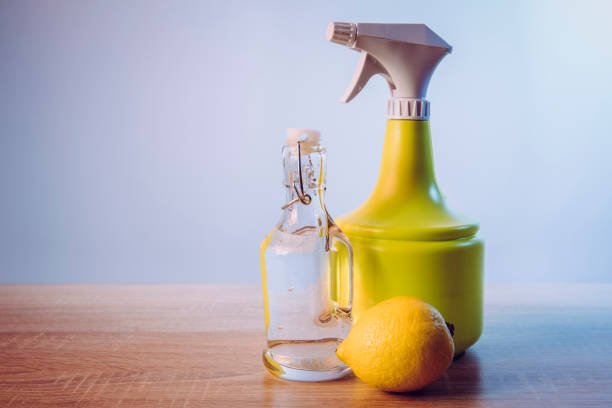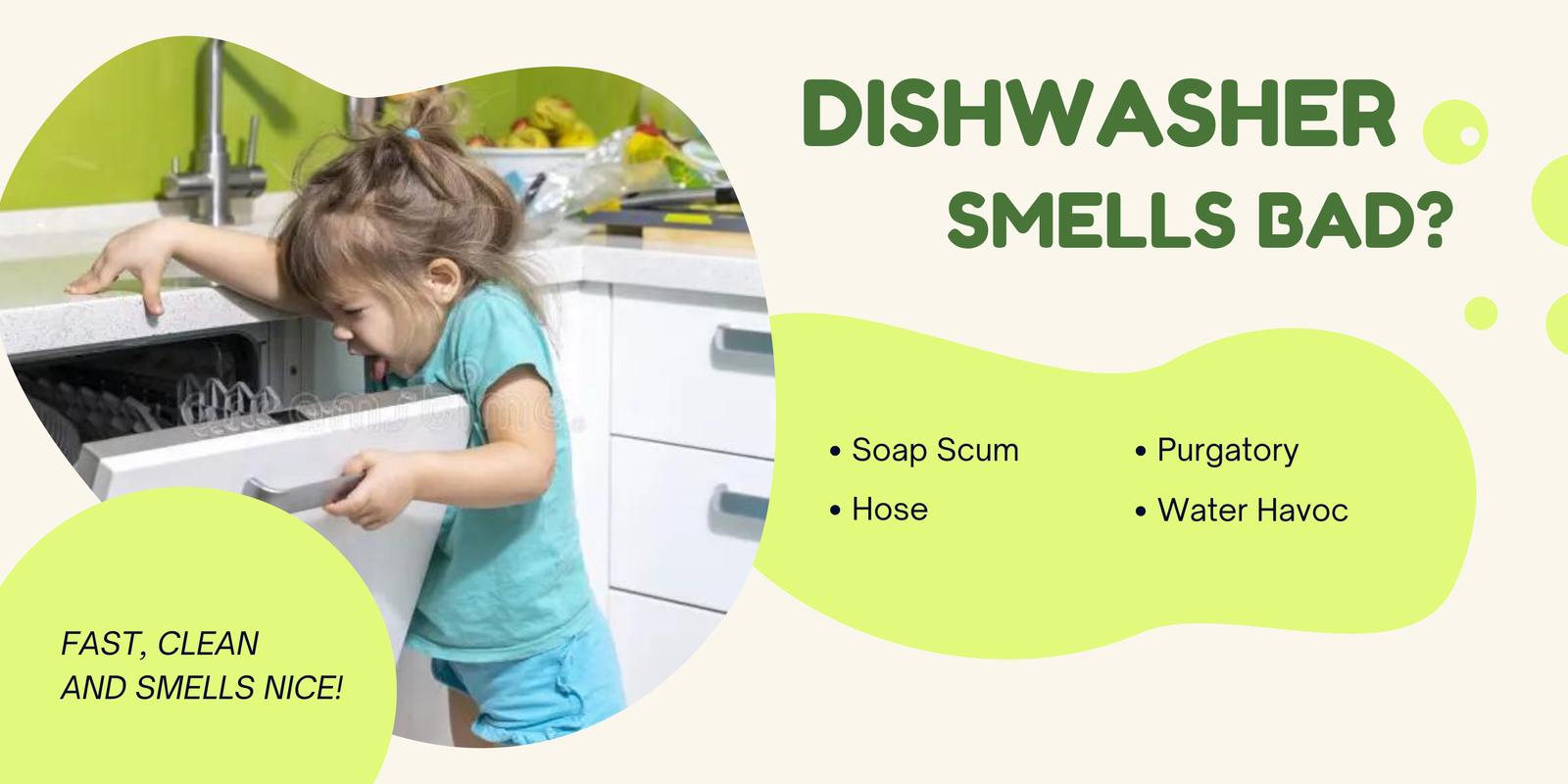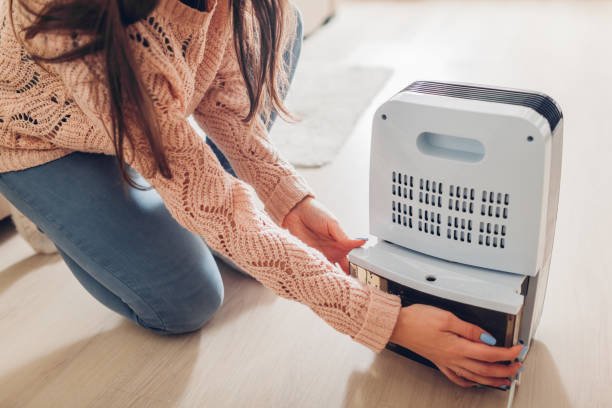
5 Things to Avoid Cleaning with Lemon: Surprising Pitfalls
Lemons are a versatile and natural cleaning agent, known for their pleasant scent and antibacterial properties. However, not everything in your home is compatible with this citrus powerhouse. In this blog, we’ll explore five surprising things to avoid cleaning with lemons to prevent unintended damage or complications.
1. Natural Stone Surfaces:
- Why? Lemon’s acidity can erode the protective seal on natural stone surfaces like granite and marble.
- Alternative: Use a pH-neutral cleaner specifically designed for natural stone to avoid etching and dullness.
2. Electronics and Appliances:
- Why? Lemon juice is acidic and can corrode metal components found in electronics or kitchen appliances.
- Alternative: Stick to manufacturer-recommended cleaning methods using gentle, non-acidic cleaners for your gadgets.
3. Wooden Furniture and Flooring:
- Why? Lemon’s acidity can damage the finish on wooden surfaces, leading to discoloration or warping.
- Alternative: Opt for a wood-friendly cleaner or a mixture of mild soap and water for your wooden furniture and floors.
4. Plumbing Fixtures and Chrome Surfaces:
- Why? Lemon’s acidity can react with the chrome finish on faucets and fixtures, causing spotting or corrosion.
- Alternative: Use a mild detergent or a commercial chrome cleaner for a streak-free shine without the risk of damage.
5. Enamel-Coated Appliances and Cookware:
- Why? Lemon’s acidity can strip away the enamel coating on appliances or cookware, leading to a loss of gloss and protection.
- Alternative: Choose a non-acidic cleaner specifically designed for enamel surfaces to maintain the integrity of the coating.
Bonus Tip: Avoid Sun Exposure After Cleaning with Lemon:
- Why? Lemon juice on surfaces can increase sensitivity to sunlight, causing discoloration or fading.
- Precaution: If you’ve used lemon for cleaning, avoid direct sunlight on the cleaned surfaces for some time.
How to Safely Use Lemon for Cleaning: While lemons should be avoided for certain cleaning tasks, they can still be a powerful and eco-friendly ally in many areas of your home. Here are a few safe and effective uses of lemons for cleaning:
1. Cutting Boards:
- Why? Lemons’ antibacterial properties make them effective for cutting board sanitation.
- How: Rub a cut lemon over the surface of the cutting board, let it sit for a few minutes, and then rinse with water.
2. Microwave Deodorizer:
- Why? Lemons can neutralize odors and leave your microwave smelling fresh.
- How: Place a bowl of water with lemon slices in the microwave, heat for a few minutes, and let it sit with the door closed to allow the steam to deodorize.
3. Stainless Steel Appliances:
- Why? Lemons can remove stains and leave a streak-free shine on stainless steel.
- How: Mix lemon juice with a bit of baking soda to form a paste, apply to the surface, and wipe with a soft cloth.
4. Glass and Mirrors:
- Why? Lemons’ natural acidity can cut through grease and leave glass surfaces sparkling.
- How: Mix lemon juice with water in a spray bottle, spray on glass or mirrors, and wipe with a lint-free cloth.
5. Garbage Disposal Freshener:
- Why? Lemons can combat unpleasant odors in your garbage disposal.
- How: Drop lemon peels into the disposal, run it with cold water, and enjoy a fresh-smelling kitchen.
Conclusion:
While lemons are a fantastic natural cleaning aid, it’s crucial to be aware of their limitations. By avoiding the use of lemons on sensitive surfaces and following the recommended alternatives, you can harness the power of lemons for effective and safe cleaning throughout your home. Keep these tips in mind to ensure that your cleaning routine remains both efficient and gentle on your belongings.




